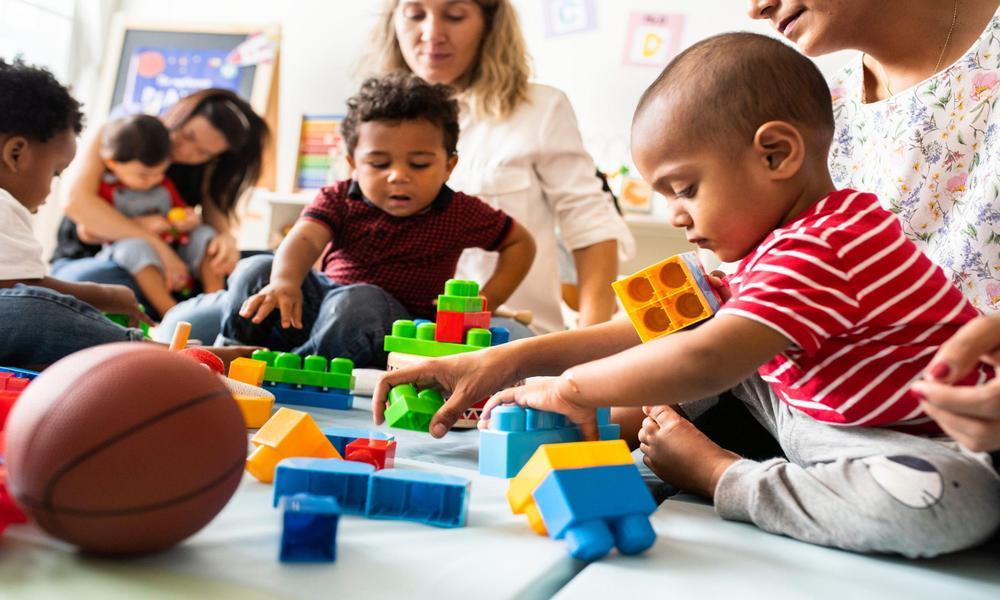During the early years, children’s brains are rapidly developing, forming neural connections that lay the foundation for all future learning. Early learning experiences, such as engaging in stimulating activities, reading, and problem-solving, promote cognitive development. These experiences foster language skills, critical thinking, creativity, and the ability to understand and solve problems. By providing a solid cognitive foundation, early learning empowers children to become lifelong learners.
Early childhood is a crucial period in a child’s development, and providing them with quality early learning experiences plays a vital role in shaping their future. Research has consistently shown that early learning has a significant impact on a child’s cognitive, social, emotional, and physical development. In this article, it will explore the importance of early learning for kids and how it sets the stage for lifelong success.
Social and Emotional Development
Early learning environments, such as preschool or daycare, expose children to social interactions and teach them essential skills like sharing, cooperating, and communicating. These experiences help children develop strong social and emotional skills, such as empathy, self-regulation, and conflict resolution. Children who receive quality early learning experiences are more likely to form positive relationships, exhibit self-confidence, and have better emotional well-being throughout their lives.
Language and Literacy Skills
Early learning experiences that include exposure to rich language, storytelling, and reading promote language acquisition and enhance vocabulary. Research suggests that children who engage in early literacy activities have higher reading and writing abilities later in life. Surfing on Natalia’s Bookhouse will help you pick a book that your child will certainly enjoy
Reduced Achievement Gap
Quality early learning experiences can help bridge the achievement gap between children from different socioeconomic backgrounds. By providing equal opportunities for education during the critical early years, children from disadvantaged backgrounds can access the same resources and educational support as their peers.
Preparation for School
Early learning serves as a bridge to formal education. It helps children develop a range of skills necessary for a smooth transition to school. Through early learning, children acquire essential pre-reading and pre-math skills, problem-solving abilities, and the ability to follow instructions. Moreover, early learning experiences foster a love for learning and provide children with a sense of curiosity, which are vital for their success in the classroom and beyond.
Long-Term Benefits
Investing in early learning yields numerous long-term benefits. Children who receive quality early learning experiences are more likely to graduate from high school, pursue higher education, and have successful careers. They also exhibit higher levels of social responsibility and are less likely to engage in delinquent behavior.
The importance of Kids Early Learning cannot be overstated. By promoting cognitive, social, emotional, and language skills, early learning provides children with the tools they need to become lifelong learners, effective communicators, and well-rounded individuals. Investing in early learning is an investment in our children’s future, our communities, and our society as a whole. Let us prioritize early learning to ensure a bright and promising future for the next generation.
You may also like
-
Proactive Sourcing Through Embedded Talent: Building Talent Pipelines that Work
-
What accessibility features help disabled patients use a prescription online?
-
How To Choose From The Top Universities In The UK: A 2025 Guide For Global Students
-
Craft Your Resume Using Word Resume Templates: Make Your First Impression Count
-
Deep Dive into Secure Multi-Tenant Architectures for SaaS Platforms
 Proactive Sourcing Through Embedded Talent: Building Talent Pipelines that Work
Proactive Sourcing Through Embedded Talent: Building Talent Pipelines that Work  What accessibility features help disabled patients use a prescription online?
What accessibility features help disabled patients use a prescription online?  How To Choose From The Top Universities In The UK: A 2025 Guide For Global Students
How To Choose From The Top Universities In The UK: A 2025 Guide For Global Students 

